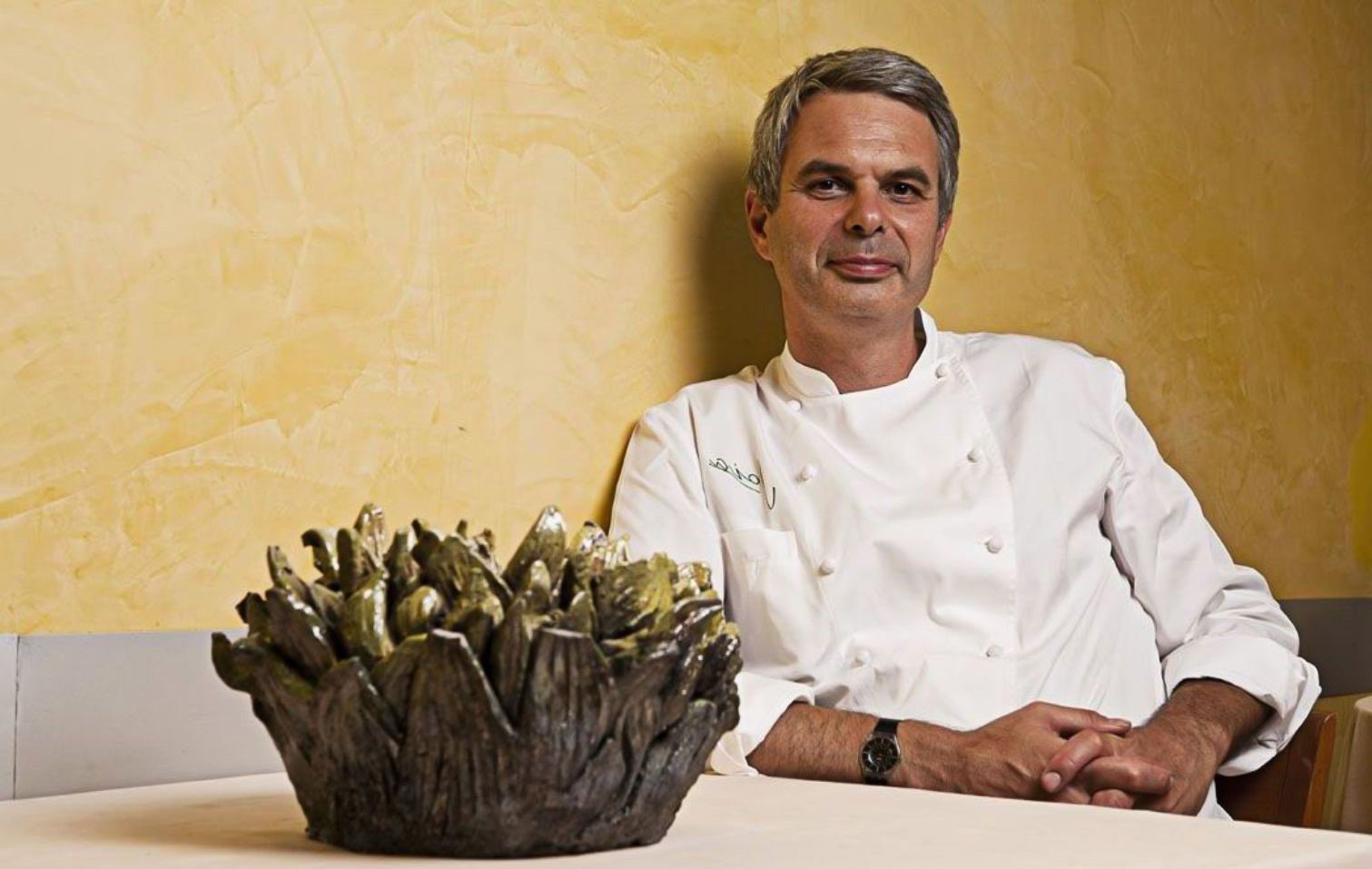The debate on synthetic meat is ongoing, with no advocates in Italy. "I don't see the need for it; it's just a desire to impress. For millennia, people in India have been consuming different protein sources," emphasizes Pietro Leemann, a renowned vegetarian chef. But semiotician Gianfranco Marrone counters: "Nature is anything but natural; it will be a success."
The opinion
Woke gastronomy has a new fetish: cultivated meat, whether synthetic or artificial. Bill Gates declared it essential for saving the planet, even though people still linger on trifles like fossil fuels and green homes. In Italy, it has been banned since July, thanks to the diligent Minister Lollobrigida, who seems to revive old autarchic glories. But abroad, someone is pushing for it, and not just anyone: Michelin-starred Dominique Crenn, after obtaining the necessary permits, has already added a tempura chicken dish to her menu, which seems poised for entry into prestigious dining rooms. She is the perfect spokesperson for a politically and gastronomically correct trend that won't easily gain ground.
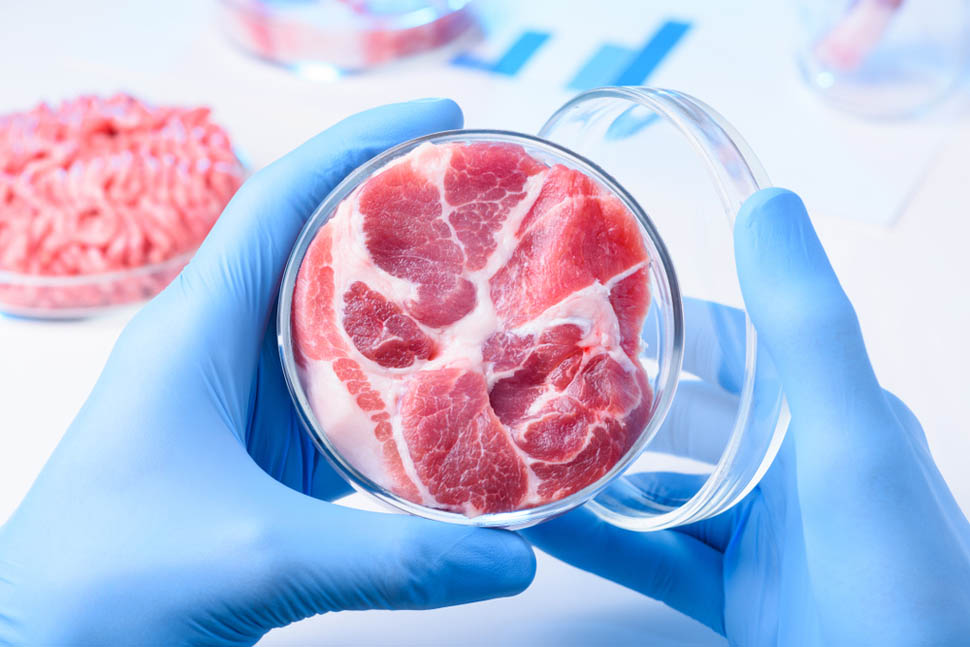

Recently, the controversy flared up again due to a television report showing the various stages of production in a cutting-edge laboratory in Singapore. Between incubators, bioreactors, and meticulous checks on bacterial and viral contamination, the cells are nourished with bovine fetal serum, although efforts are underway to grow them without this cruel ingredient, a byproduct of slaughter used for vaccine production, extracted from pregnant cow fetuses. It's a far cry from cruelty-free and no-kill meat, at least for now. Gianfranco Marrone, a semiotics professor at the University of Palermo with a long-standing heuristic passion for food, conceptually contextualizes the issue.
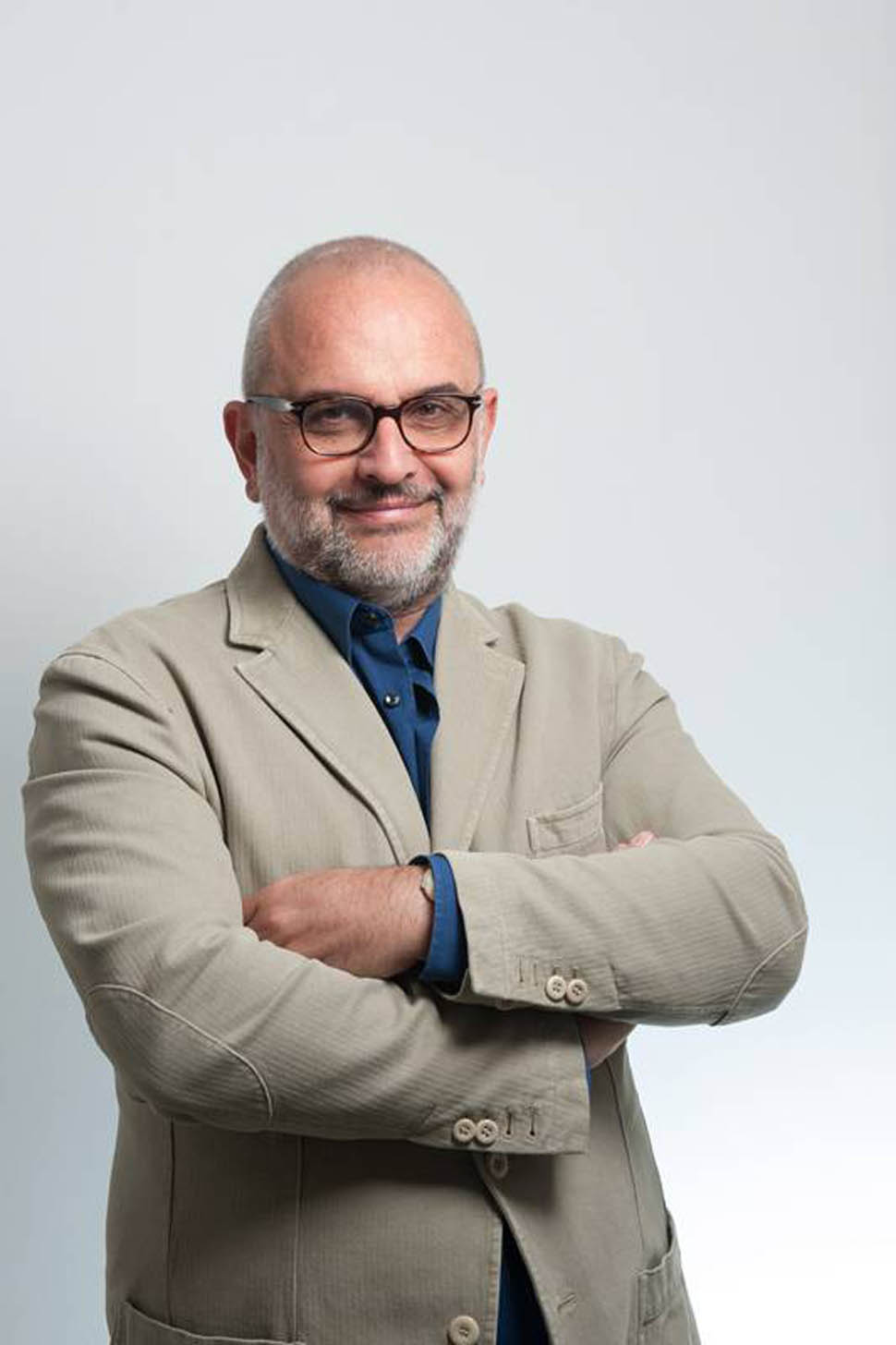
"Synthetic meat has a terrible name but a bright future. It's a terrible name in terms of branding: it evokes, in common parlance, an oxymoron - a living matter artificially produced, hence a fake, something fictitious, deceptive, and even more dangerous, impure, far from healthy, disgusting. Like a clockwork orange, to be clear. But this is an oxymoron built on multiple errors. Not only it is not a chemical product (as the term 'synthetic' would suggest), but it's biological. Furthermore, it's based on a reductionist idea of nature and food. Nature is anything but natural, as philosophers and ecologists often emphasize, but fundamentally social. And natural food is a utopia, if not hypocrisy. After all, the wheat seed was the result of thousands of years of experimentation, and synthetic meat has only been in development for decades.
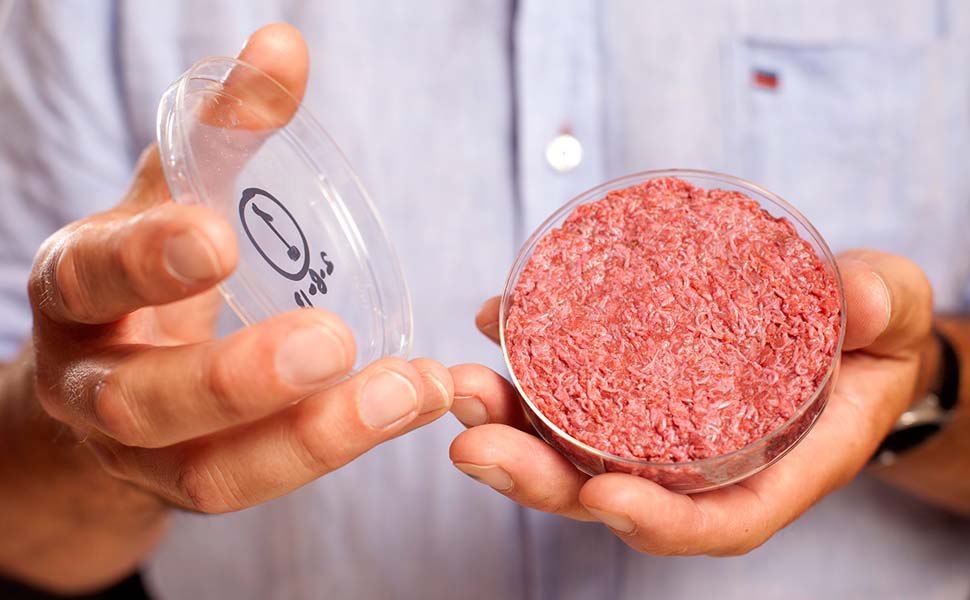
Synthetic meat, however, has a bright future for various reasons (economic, medical, and culinary). We can bet that it will be embraced in our food culture and integrated into our daily diets, as has happened with many culinary innovations throughout history. Marketing will understand this before anything else, for its own reasons and despite its unintended consequences. It will leverage the experiments of great chefs, who often prove to be not only skilled technicians but also intelligent artisans. Without overdoing it, of course." Among Italian chefs, however, skepticism prevails, perhaps due to their close connection to raw ingredients. Pietro Leemann, a pioneer of high-end vegetarian cuisine in Europe with his historic Michelin star dating back to 1996, shares his perspective:
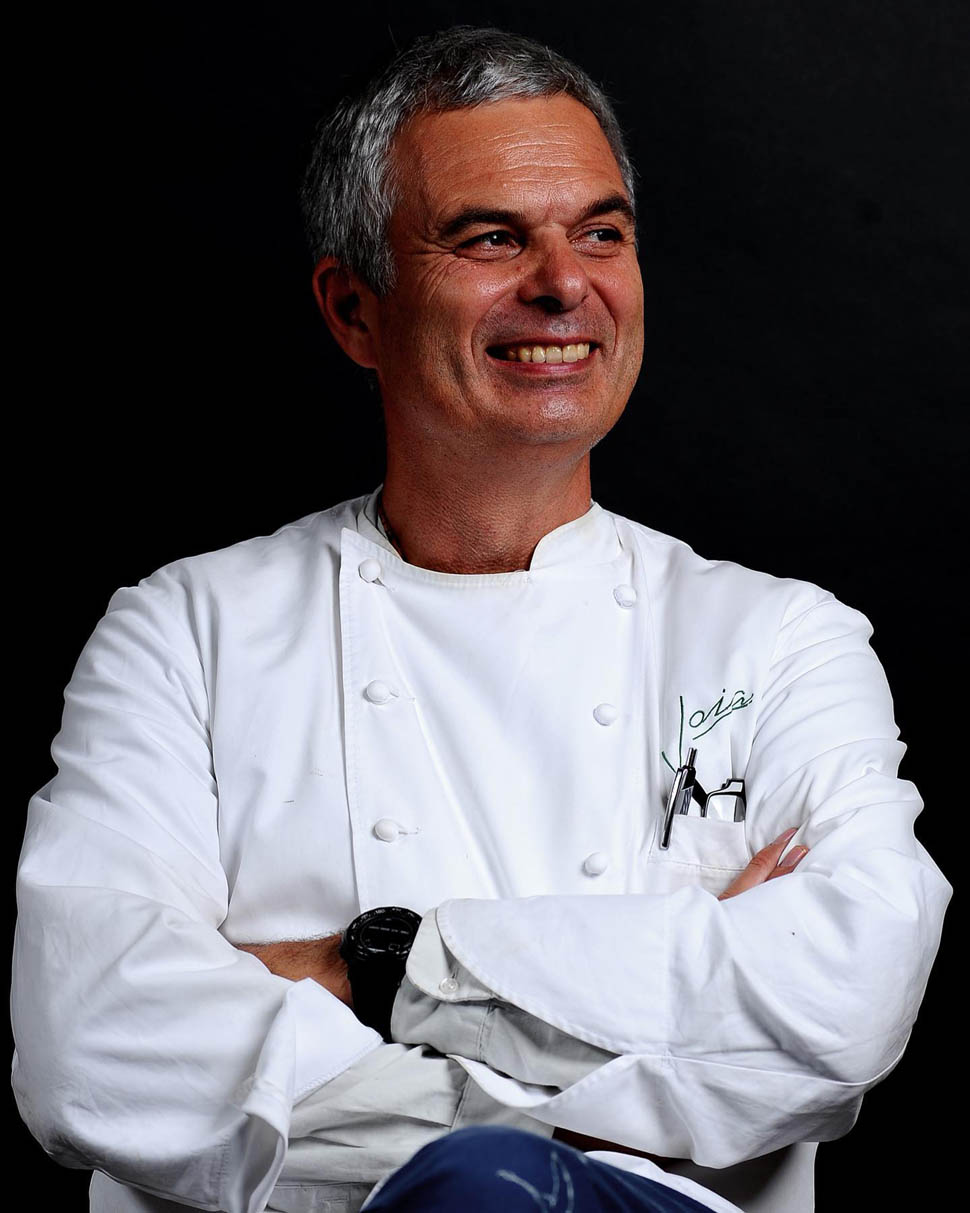
"As a vegetarian, synthetic meat is not a necessity for me. For millennia, humans have been nourishing themselves with legumes and alternative protein sources. As far as I'm concerned, the problem doesn't exist. I wouldn't buy such meat because it represents a world I've left behind. Another aspect I consider is the artificiality of the product: we know the natural growth processes of vegetables and animals, which we know are optimal for physical and psychological balance. But the rest is an unknown. It seems like a mental exercise, not very spiritual, pointless, and a bit foolish.
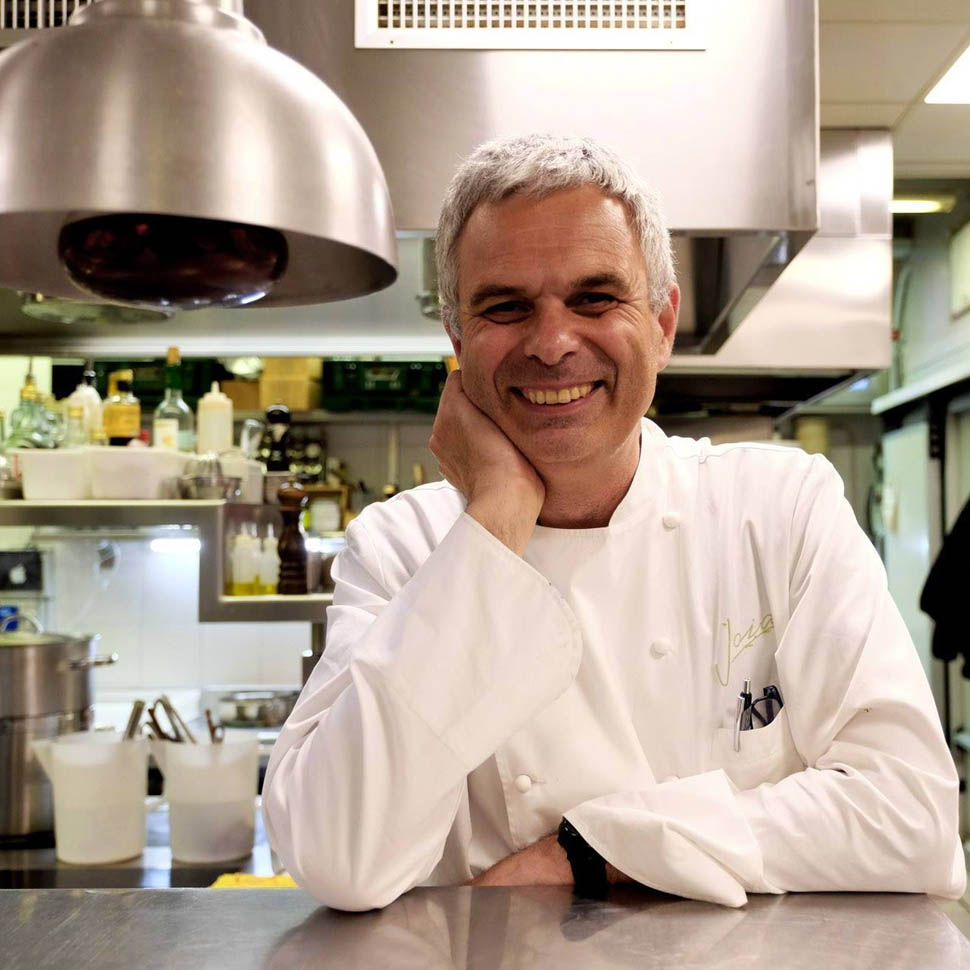
Technically, no more animals are killed, and that's great, but it's a forced solution. I don't like the promethean idea behind this attempt to replace nature, which should be interpreted rather than constrained. I don't see the need for it, except to impress, like suggesting insect consumption. In my cuisine, we focus on the beautiful idea of a good dish, cooked with simplicity, vibrant colors, and stimulating flavors that take the customer on a journey. There's also the issue of costs, meaning it probably won't be an affordable product for ordinary consumers, but it might become sought after in some high-end restaurants. Vegetarians, however, yearn for a return to nature, as always.
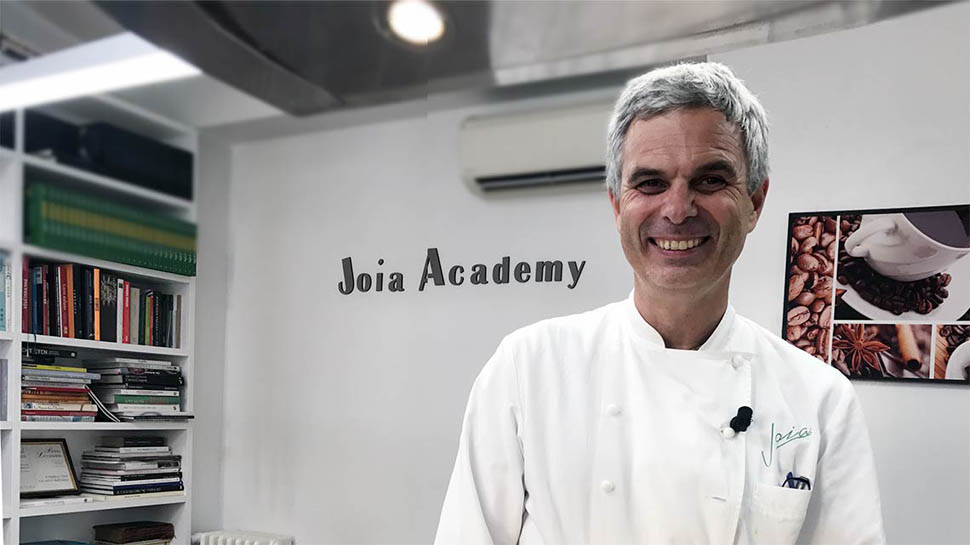
This is not how I envision the cuisine of the future. In India, there is Tamasic food, like fast food; Rajasic, which is creative and energetic, like fine cuisine; and Sattvic, which embodies the deeper sense of being and is linked to broader well-being, which we should aspire to. For me, this meat is definitely Tamasic."
